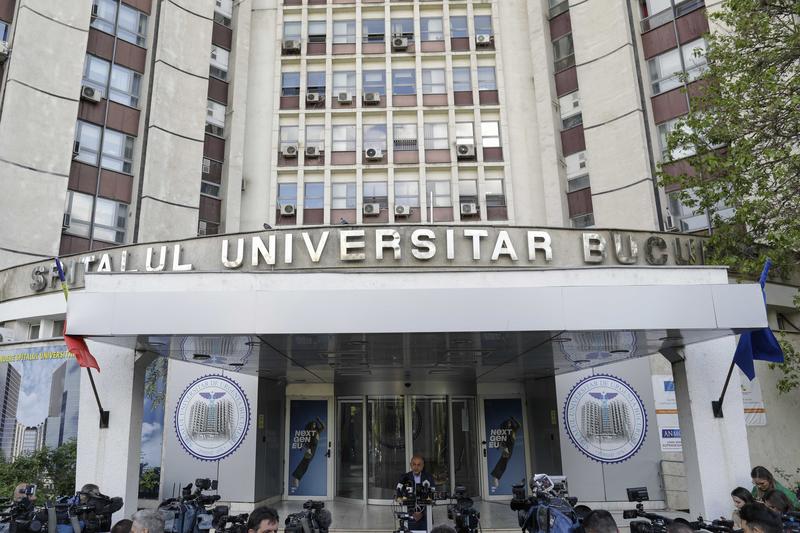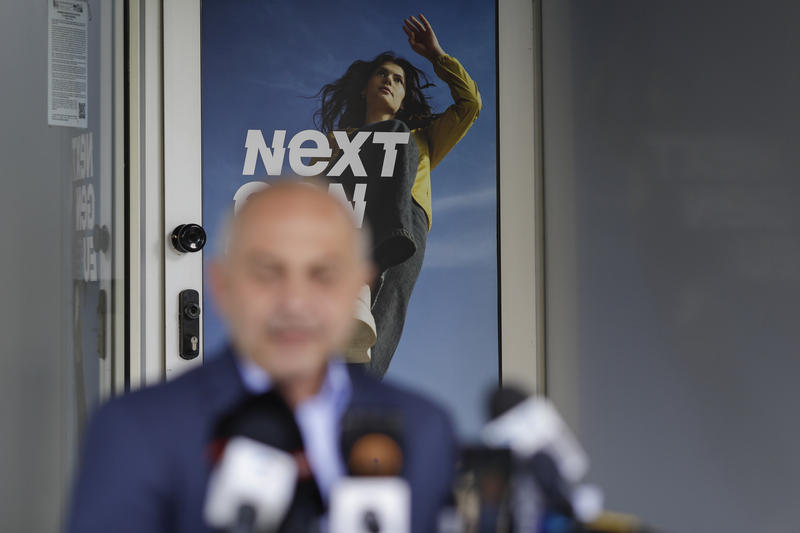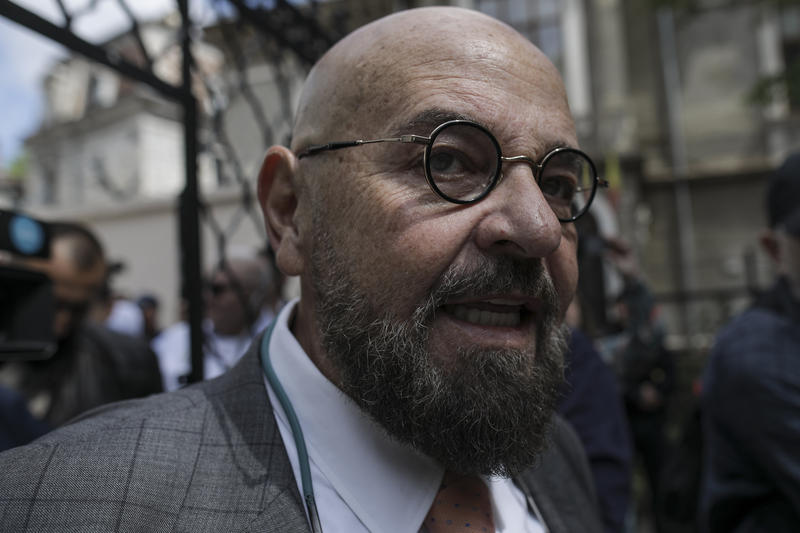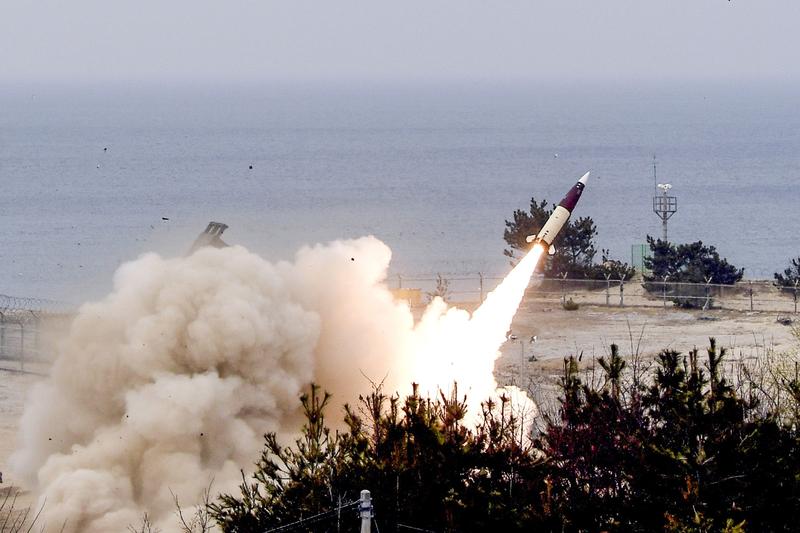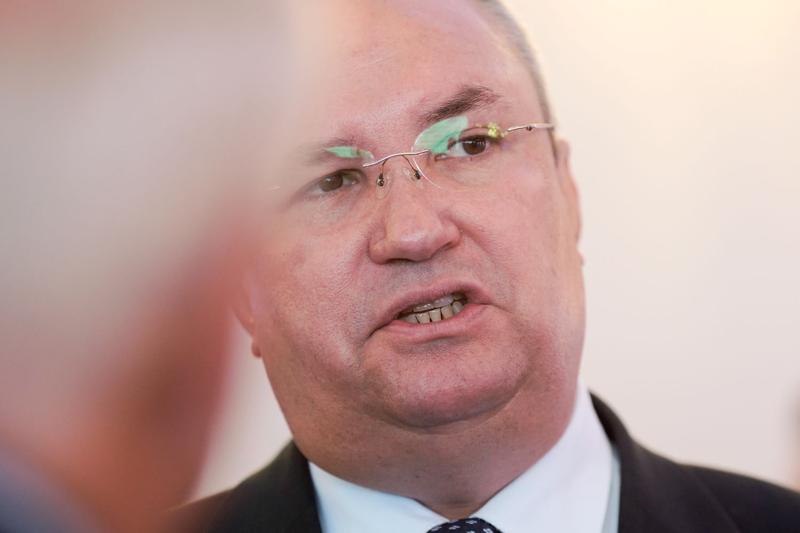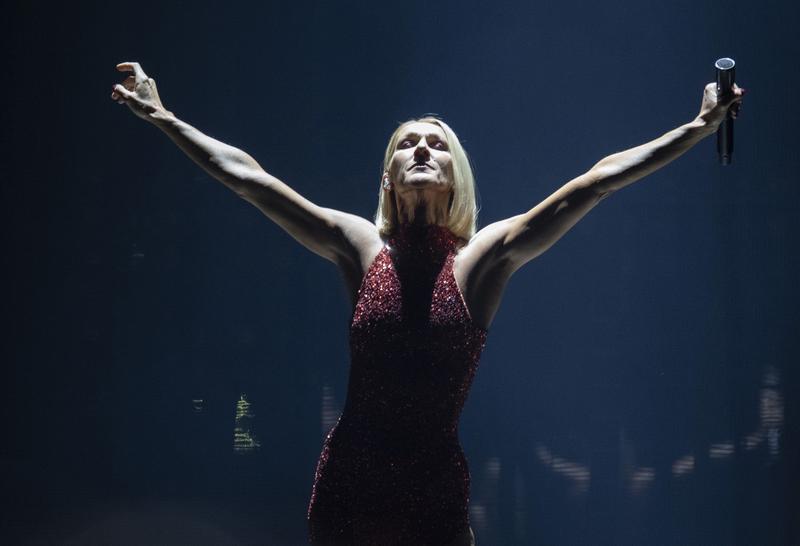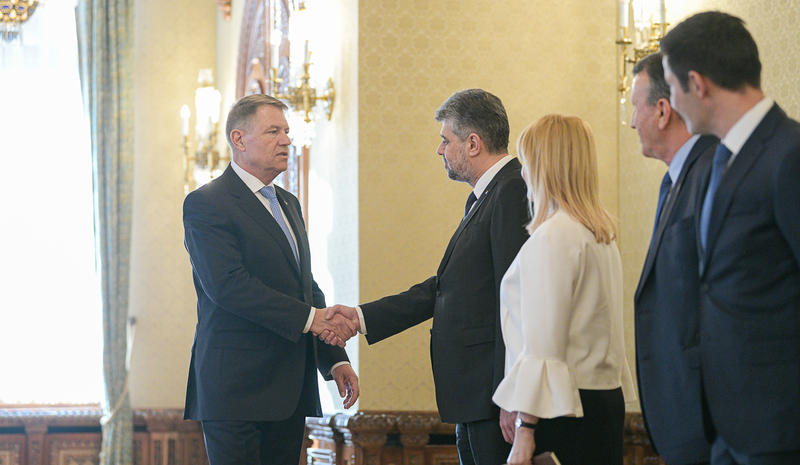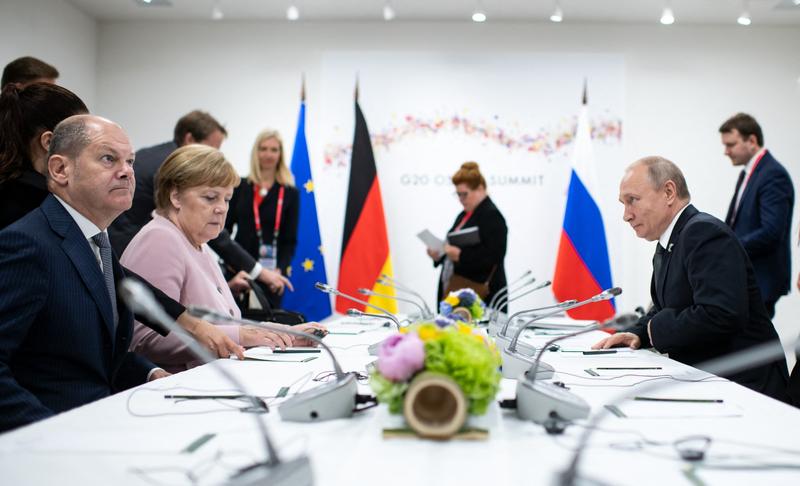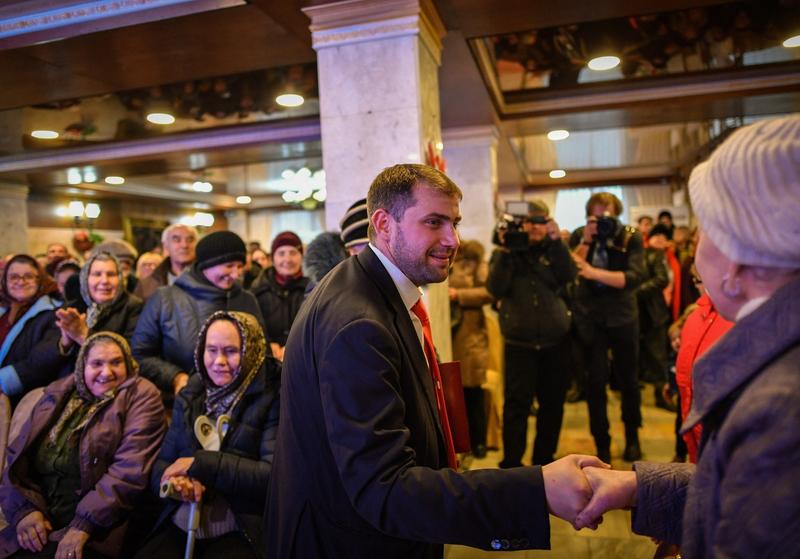The electoral campaign begins, therefore most headlines refer to the general elections scheduled for next month. Personal wealth, ranks in the former Communist political police, campaign funds and other similar news may be expected everyday during the following weeks.
The electoral campaign starts with an Evenimentul Zilei poll, as the newspaper itself considers. In fact, Evenimentul Zilei only indicates that the most likely to win party will be the one that manages to mobilize its electors. Democrat-Liberals (PD-L) start the race only 1% ahead of their main competitors, Social Democrats (PSD) - 32% vs. 31%. Liberals (PNL) are way behind, with 18%. The poll, conducted by CURS (a public opinion institute) shows that 19% of the electors would like to see a Government formed by PD-L and PNL, while 16% would accept a PNL-PSD-Conservatives (PC) alliance.
Also in Evenimentul Zilei, the same poll, another article: the party counts more than the candidate, even after Romania turned to the uninominal vote as a solution for its political problems. 45% of the respondents said they will vote for the candidate listed by their favorite party and only 29% said that they will vote for another, in case their party's candidate will not meet their demands. According to a parallel poll, conducted by PD-L, electors may go up to 78% in voting for the party, instead of the candidate. The research conducted by Liberals indicate 40% for the party, 40% for the candidate and 20% for the electoral theme.
Gandul reminds of an older issue that never left the political stage: the collaboration verdict. Several politicians have been proven as collaborators or employees of the former Securitate, Ceausescu’s political police. Still, they face no problem in running again for a Parliamentarian seat, most of them being convinced they never caused any harm to anyone.
Still about elections, this time the one in the US: Cotidianul tries to find out who would be better for Romania: Obama or McCain?
The pro-McCain arguments refer to the fact that he has a stronger position when it comes to Russia. "He fought a war, he witnessed the Cold War, he supported Georgia and he had a rougher speech abut Russia", says historian Armand Gosu.
Others claim that Obama's friendly attitude towards the European Union should be preferred: "It is important to see the frictions between the United States and the European Union disappear. Obama seems more capable to reduce the abyss grown between the two during the two mandates Bush had. We should be more interested in the trans-Atlantic relations at this time", says Iulian Fota, manager in the National Defense Council.
